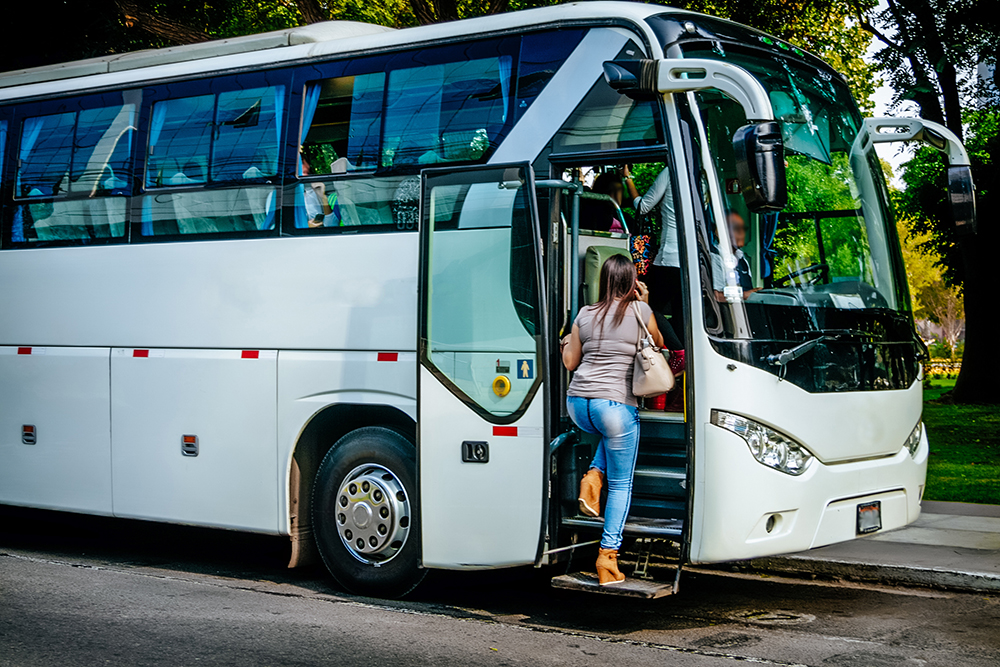DVSA and Confederation of Passenger Transport (CPT) have partnered to launch an initiative aimed at bus and coach operators (PSVs), to ensure their drivers are performing daily checks on emergency doors.
When the emergency doors on buses and coaches are not functioning correctly, there is a risk that passengers may:
• not be able to open the door in an emergency
• inadvertently open the door while the vehicle is moving
Both instances present clear risks and liabilities, with the biggest dangers for passengers being the inability to exit the vehicle in the event of an accident and falling out of the vehicle into oncoming traffic.
Daily checks on emergency doors
DVSA and CPT have asked vehicle operators to ensure their drivers are performing regular checks on emergency doors – so drivers and operators know the doors are working as they should be.
They also advise that other doors and exits, including service doors used by passengers in normal circumstances, should be subject to daily driver checks to make sure they are working correctly.
DVSA and CPT pointed out that some vehicle operators choose to install additional systems which further prevent unintentional operation of the emergency door, such as motion-sensed locking systems which activate at a predetermined speed.
Further guidance
If you require further guidance around safety checks for emergency exits and service doors you can refer to section 16 of the DVSA’s PSV inspection manual. Please note that some items associated with emergency doors are classed as ‘major’ deficiencies at annual test.
Helping hand
If you need help improving PSV emergency door safety by implementing daily vehicle checks, we have two solutions.
1) Use our vehicle inspection pads and books – to purchase click here
2) Try AssetGo, the paperless fleet and compliance management platform, as it enables drivers to easily carry out daily walkaround checks and flags up to fleet managers if checks haven’t been made. If you’d like to find more or book a demo or free trial click here
